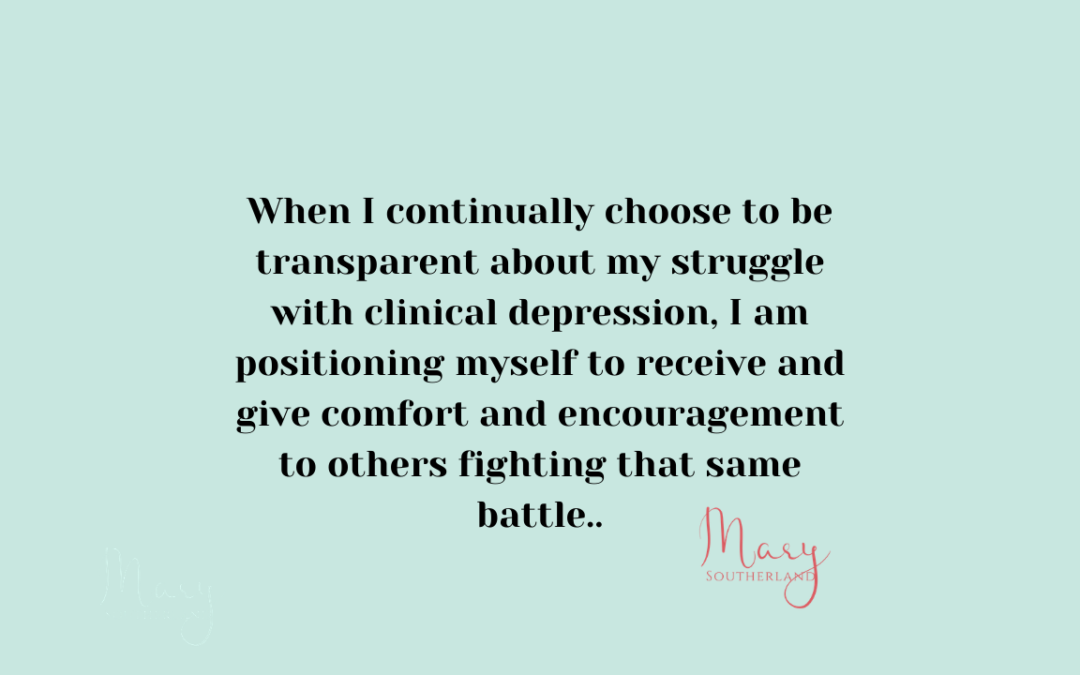2 Corinthians 1:3-4 (NIV) “Praise be to the God and Father of our Lord Jesus Christ, the Father of compassion and the God of all comfort, who comforts us in all our troubles, so that we can comfort those in any trouble with the comfort we ourselves have received from God.”
Okay. It’s Sunday morning and you are frantically trying to get ready for church. You somehow managed to set your alarm for PM instead of AM and you are running late. No time for breakfast – which is just as well since you did not have time to go to the grocery store and the only thing in your refrigerator is an almost empty jar of Mayonnaise and a block of molded cheese.
Your daughter throws a tantrum because she is not about to wear any of the “dorky” clothes hanging in her closet. Your son is actually wearing his dorky clothes, but he got bored waiting on everyone else to get ready and headed outside to play in the puddles created from last night’s storm. It was the perfect opportunity to see if his new shoes really were waterproof like the salesman said. His clothes are now caked in mud, the shoes are definitely not waterproof, and he is yelling for help. “Check the dirty clothes basket” you yell back. Desperate times call for desperate measures.
Your husband, oblivious to the chaos around him, is sitting at the kitchen table, reading the newspaper and drinking his coffee. When he announces that it is time for everyone to get in the car or you will be late for church, your last and completely frazzled nerve snaps.
“Why do I have to do everything on Sunday morning – and every other morning for that matter?” you demand. “I have one morning a week that I can relax and have a few minutes to myself,” he snaps back. Great! One more thing for your ever-growing list of “things we need to work on in our marriage.” Whatever! You don’t have time to process that information because everyone is finally in the car and ready to go.
Your husband decides to drive the speed limit for once in his life which means you are going to be late – and you hate being late. You could cut the tension in the car with a knife, but when you reach the holy asphalt of the church parking lot, you smile and nod as people greet you with, “Good morning! How are you?” But they don’t really want to know, and you don’t really want them to know. “Great! Everything is just great!” you answer to no one in particular.
Here’s my question. Where is the transparency? Why do we feel like we cannot be honest with each other? What is so frightening about saying, “If you really want to know, it has been a lousy morning and I’m ready to explode?
I think there are several reasons we are afraid to be transparent, but pride is at the root of most of them. We are not willing for others to see us as we really are – a frail human being. I’m not saying that we should launch into a liturgy of complaints every time someone asks how we are, but I am saying that we need to be more transparent. Jesus was.
Jesus wept when His friend, Lazarus, died. When money changers defiled the temple, Jesus was furious and drove them out with a whip. On the cross, Jesus cried out to God, “Why have You forsaken me?” Jesus was a frequent guest at wedding celebrations and had a sense of humor. He was authentic and real and wants us to live our life with that same emotional integrity and transparency.
In order to understand what transparency is, we need to understand what it is not. Transparency is not a spiritual license to rip someone apart or tell them off. I know what it is like to take an emotional risk only to be blasted under the guise of “just being honest.” Transparency is not revenge in disguise nor does it give us permission to unload every problem we have on everyone we meet.
Transparency is being willing to let others see who we really are and what is really going on in our heart and life. In 2 Corinthians 1:3-4, the Apostle Paul writes, “Praise be to the God and Father of our Lord Jesus Christ, the Father of compassion and the God of all comfort, who comforts us in all our troubles, so that we can comfort those in any trouble with the comfort we ourselves have received from God.” In other words, comfort and encouragement are cyclical.
When I continually choose to be transparent about my struggle with clinical depression, I am positioning myself to receive and give comfort and encouragement to others fighting that same battle. It sounds so simple, doesn’t it? It is – if we choose to be transparent.
Mary


Recent Comments